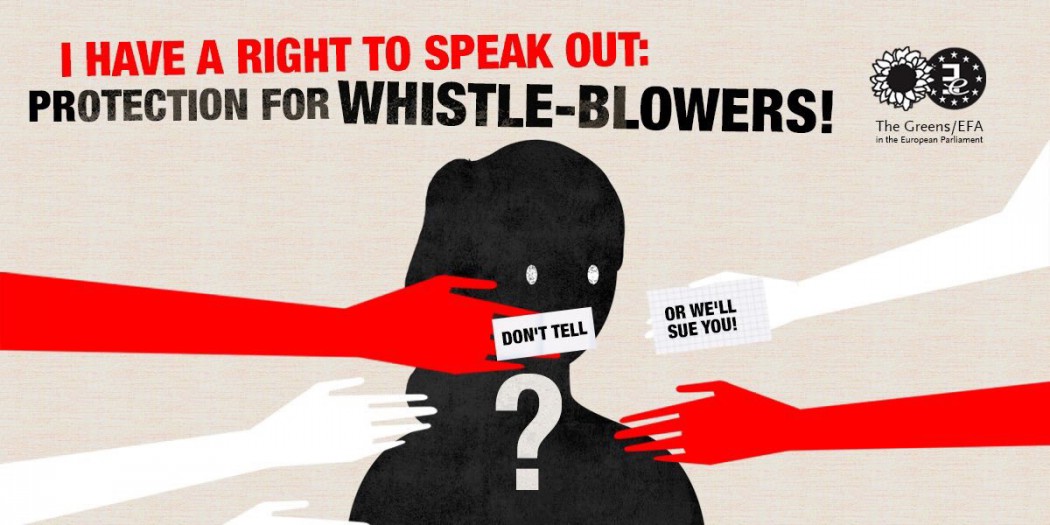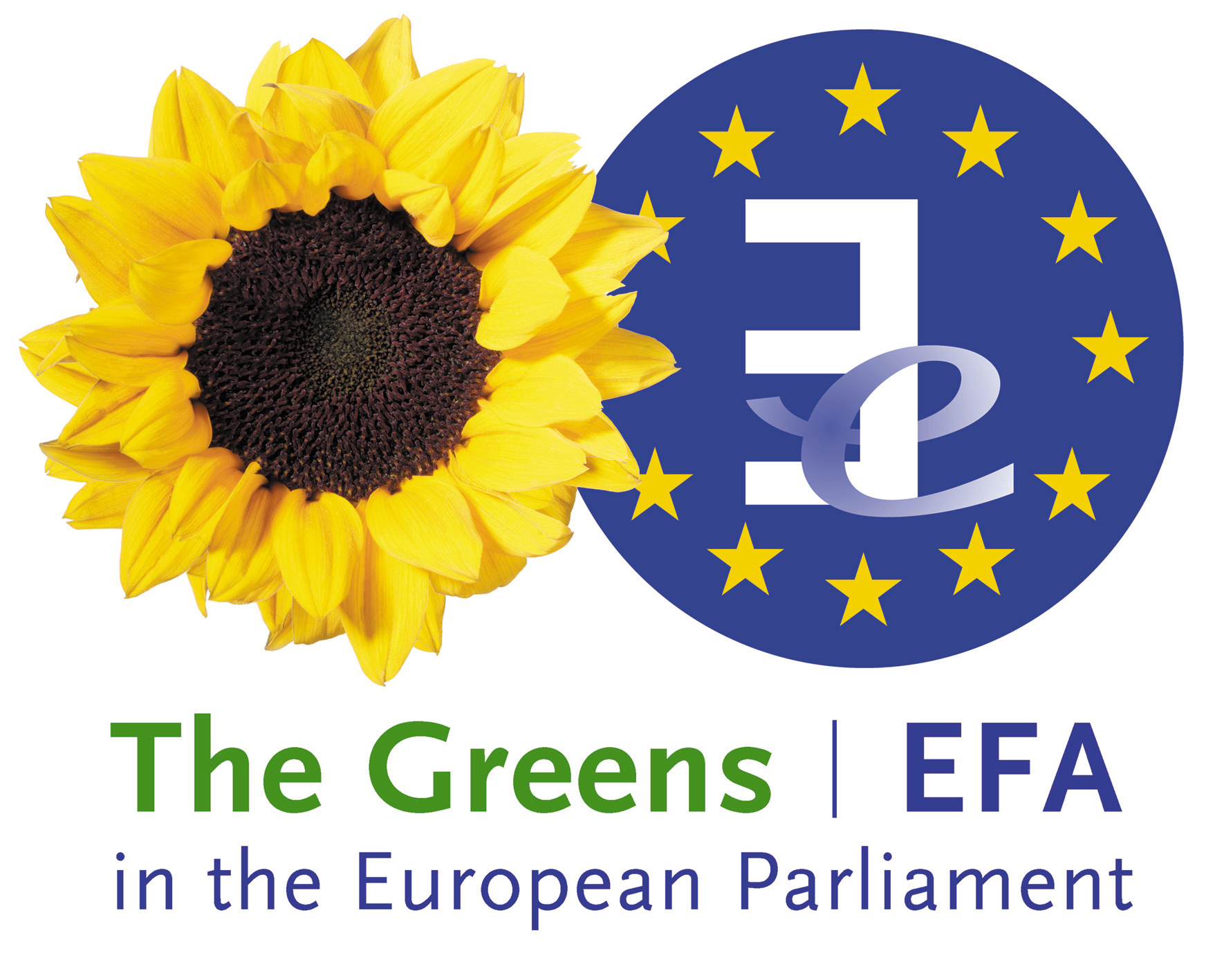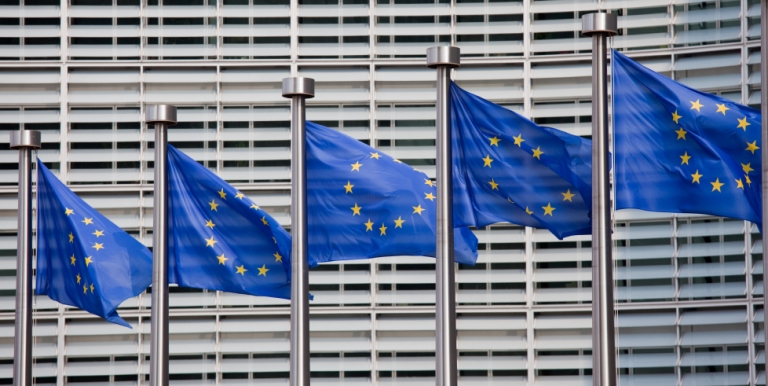MEPs call on European Commission to Protect Investigative Journalists and Stand for Media Freedom
MEPs David Casa (EPP), Ana Gomes (S&D), Monica Macovei (ECR), Maite Pagazaurtundúa (ALDE) Stelios Kouloglou (GUE) and Benedek Jávor (Greens) have joined forces to push for EU legislation that will address and end “SLAPPs” – lawsuits intended to intimidate and silence investigative journalists and independent media by burdening them with exorbitant legal expenses until they abandon their opposition. According to the MEPs, the practice is abusive, poses a threat to media freedom and has no place in the European Union.
SLAPP was used, for instance, against investigative journalist Daphne Caruana Galizia and is now being used against Maltese media houses by firms associated with government corruption and the Panama Papers scandal that are threatening legal action in the United States.
David Casa, Ana Gomes, Monica Macovei, Maite Pagazaurtundúa, Stelios Kouloglou and Benedek Jávor stated:
“In Malta we have seen that firms like Pilatus Bank and Henley & Partners that employ these practices, using American litigation, have succeeded in having stories altered or deleted completely from online archives. And investigative journalists are prevented from reporting further on corrupt practices out of fear of further legal action. But this is not just a Maltese problem. In the UK, Appleby, the firm associated with the Paradise Papers, is using similar tactics against the Guardian and the BBC.
The cross-border nature of investigative journalism as well as the tendency to pursue legal action in jurisdictions outside the EU that only have a tenuous connection with the parties justifies and requires an EU response”.
The MEPs are calling on EU Commissioner Frans Timmermans to propose an EU Anti-SLAPP Directive that will include:
- The ability for investigative journalists and independent media to request that vexatious lawsuits in the EU be expediently dismissed and claim compensation;
- The establishment of punitive fines on firms pursuing these practices when recourse is made to jurisdictions outside the EU;
- The setting up of a SLAPP fund to support investigative journalists and independent media that choose to resist malicious attempts to silence them and to assist in the recovery of funds due to them;
- The setting-up of an EU register that names and shames firms that pursue these abusive practices.
“We are committed to the protection of investigative journalists and media freedom across the EU and will pursue this issue until Anti-SLAPP EU legislation is in place”, the MEPs stated.
Thomas Gibson from the Committee to Protect Journalists stated: “SLAPP is a serious threat to journalism and media freedom. These sums of money are in no way proportionate. Independent journalists in Malta already face enormous challenges and restrictions. Critical journalism must not be stifled. In addition to pushing for full justice of the murder of Daphne Caruana Galizia, the Commission needs to address the climate in which investigative journalists work in the country.”
Jodie Ginsberg, CEO of Index on Censorship, said: “Having a media that is free to investigate corruption and abuse of power – and free to publish the results of those investigations – is fundamental to democracy. These vexatious law suits – deliberately aimed at preventing journalists from carrying out such work – must be stopped.”








